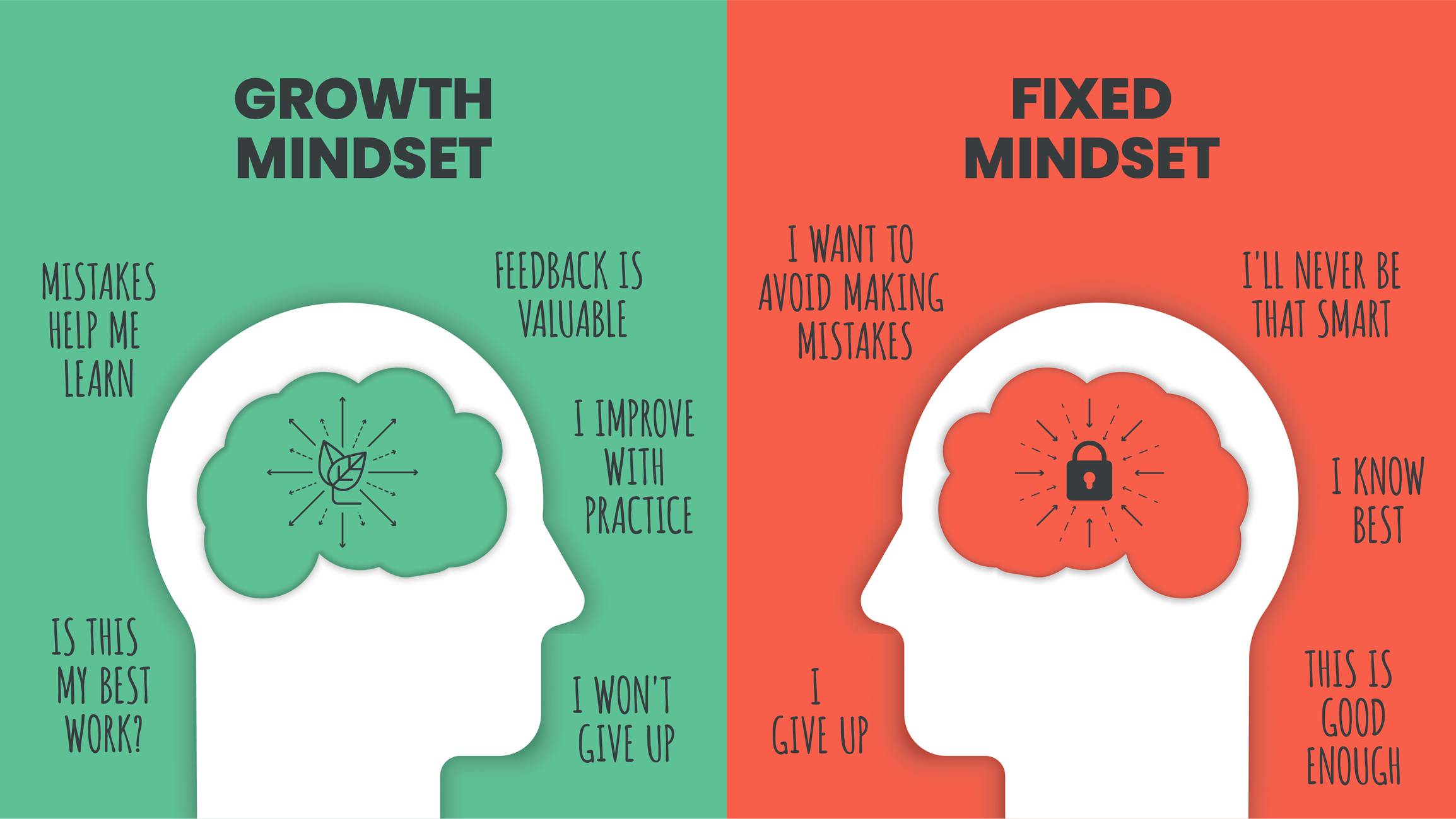Using ChatGPT for job applications has a number of benefits. If you’re searching for a new job, writing your CV, or preparing for interviews, you might be wondering: Can ChatGPT help with all this? The short answer is yes, but it’s important to know how to use it wisely.
It can help with career exploration, CV writing, cover letters, and interview prep. Whether you’re stuck getting started or want to refine what you already have, ChatGPT can be a helpful tool to save time, spark ideas, and enhance your job applications.
If you’ve not used it before, ChatGPT is an AI tool that responds to your questions or prompts. It’s like having a text conversation, but with a machine rather than a human! It’s free to use and can help you think more clearly, especially when you’re feeling stuck or overwhelmed.
Responding to the input you provide, it will generate text based on anything you’ve shared or any questions you ask. For example, I sought its help when I was planning a game for a party I was throwing. The game involved carrying out a mission and I ran out of ideas, so I asked ChatGPT the following:
Please give me 5 ideas for a mission to complete at a party undetected.
It gave me suggestions like ‘change one accessory every 15 minutes without anyone noticing’ and ‘take photos of 5 different guests without them seeing.’
You can also ask follow-up questions or give more prompts to refine, revise or improve its responses like:
Can you give me some alternative suggestions? or Can you give me some missions that would be good for children?
Let’s now explore how to use it in your job search and applications:
Job and company searches
ChatGPT can be a useful starting point if you’re changing role or trying to identify a new career path. It can kickstart your research into different types of roles, industries or companies and give you valuable insights. This can help you:
- Identify skills gaps
- Gain ideas for roles that match your strengths
- Build clarity before applying
For example, if you’re a lawyer and wanting to change career but not sure what companies or roles might be good for you, try asking ChatGPT the following:
If I have worked as an employment lawyer for my whole career, what transferable skills do I possess that are valuable in other fields?
You can then ask a follow up question:
What are some other careers that I could transition to using these transferable skills?
If you already know what types of roles you want to apply for, you can copy and paste example job descriptions into ChatGPT and ask it to list the top transferable or technical skills that you would need to be successful in that position. This can help you determine whether you have the experience required for a particular role or help you to highlight particular skills and experience in your application.
If you already know the company you’d like to apply to, you can ask ChatGPT to tell you about the organisation to begin your research. For example, if you’re interested in the travel industry, you could ask the following:
What can you tell me about the company, Trailfinders?
You can then ask follow-up questions such as:
What entry level jobs are available at Trailfinders?
Improving your CV by using ChatGPT for job applications
ChatGPT can help you review, refine and tailor your CV.
For example, you can ask ChatGPT to review your existing CV and help tailor it to a job description to help you think about how you present your skills and experience to a specific audience:
Can you tailor my CV to the following job description for a (job title) role at (company name)?
Or, if you’re aware that one section of your CV is descriptive rather than outcome focused you can ask ChatGPT to edit particular bullet points for example:
Revise these bullet points in my CV to make the contributions I made in the role more specific and demonstrating the impact of the work I did.
A Few Warnings:
- Review any text ChatGPT generates, checking for accuracy and ensuring it reflects your accomplishments. Use it to give you ideas of the types of metrics you might want to include or to help you phrase your bullet points. Don’t just copy the text exactly as it’s given – make it your own.
- Always provide some source material – you can ask ChatGPT to write something from scratch but if you’re using it to help you with your CV or cover letter, without any source material it will create something that doesn’t reflect you and your skills / experience.
- Remember that the text generated will lack your own personal style and tone – use it as a starting point only and then make it your own.
- Avoid using the exact text ChatGPT generates as this can be considered plagiarism – use it to generate ideas and then edit, revise and refine.
Writing a Tailored Cover Letter
Many find drafting a cover letter a real challenge. Just as with your CV, ChatGPT can help as a starting point if you provide it with some source material. You can give it the job description and your CV and ask it to generate a cover letter or you can ask it to improve a letter you’ve already written.
Remember that you will need to include your reasons for what attracts you to the role, either by sharing this with ChatGPT or by adding it in afterwards when you revise and edit the text.
Here are some example prompts:
Review my CV and the following job description and write a three-paragraph cover letter that highlights my relevant experience and qualifications.
Help me write a cover letter for a (job title) role. I want to highlight my skills in (name the skills) and my experience with (name the experience).
Can you tailor my cover letter so that it speaks to the following job description.
Remember:
- AI can’t replicate your passion or personal style so use it to build the skeleton, not the final draft.
- ChatGPT is a useful tool to help you overcome writer’s block but avoid using the text generated exactly as it is. Use the text provided as a framework which you check for accuracy, edit and revise and make your own.
Preparing for job interviews
If you’re preparing for a job interview, ChatGPT can help you anticipate common questions and structure your answers clearly.
For example:
What are common interview questions for a role in data analysis?
Based on this job description, what 10 behavioural questions might I be asked?
How can I answer this question using the STAR method?
You can also ask ChatGPT to generate sample answers based on your experience which is a great way to find relevant stories to tell in the interview.
If you’d like to know more about using the STAR method for interview questions, please see my article on this here.
Top Tips:
- Use the responses to give you ideas and help you with your thinking – you will need to check for accuracy and edit and refine.
- You don’t want your answers to sound scripted or rehearsed – use the ChatGPT responses to help you identify the talking points or stories you want to tell about your past experience, not to learn verbatim!
Polishing your LinkedIn profile or tagline
Your LinkedIn summary and tagline are key to your personal brand. ChatGPT can help you get started or fine-tune your message.
Try prompts like:
Craft a professional summary for a project manager moving into sustainability roles.
Write a tagline that highlights my skills in data analysis and stakeholder communication.
Or ask:
What do I need to tell you about myself so you can help me write a compelling About section for LinkedIn?
This is a great way to gather ideas you can then personalise.
Another tip – ask ChatGPT what to ask it!
Not sure where to begin? You can ask ChatGPT what information it needs to help you:
I want to write a CV for a career in marketing. What information should I give you to help generate a strong draft?
ChatGPT will then guide you through the next steps and you can continue the conversation with follow-up prompts.
A Quick Summary of Smart Prompts to Try:
| 🎯 Goal | 💬 Example Prompt |
| Explore new careers | “What are some alternative careers for a primary teacher with leadership experience?” |
| Improve your CV | “Tailor this CV to the job description for a project manager role.” |
| Write a cover letter | “Help me write a cover letter that highlights my communication skills and stakeholder engagement experience.” |
| Prep for interviews | “What are 10 behavioural interview questions I might be asked for this role?” |
| Add metrics to bullet points | “Make these CV bullet points more specific and impact-driven.” |
Final Advice: Use ChatGPT to enhance, not replace, your voice
ChatGPT is an excellent thinking partner especially when you feel stuck. But it’s not a shortcut for authenticity. Remember, while ChatGPT for job applications is a powerful tool, your voice and experience still matter most.
Use it to:
- Spark ideas
- Structure your thoughts
- Save time and build confidence
Avoid:
- Copying text without editing
- Sharing personal information
- Relying on AI alone to showcase who you are
You still need to check everything for accuracy, make it your own, and ensure it reflects your unique voice.










